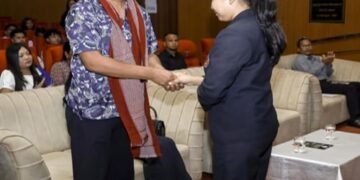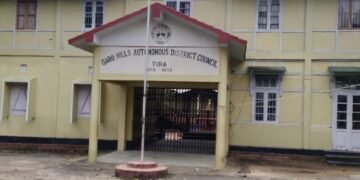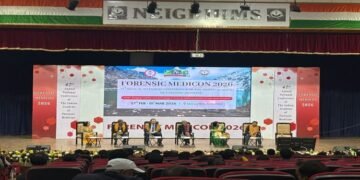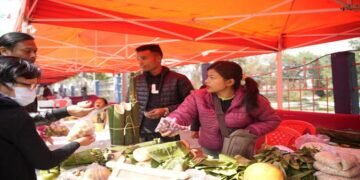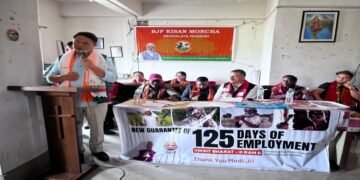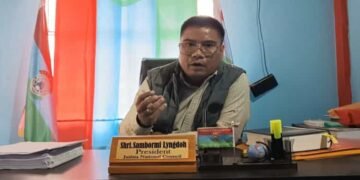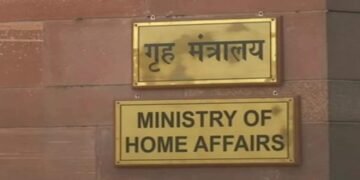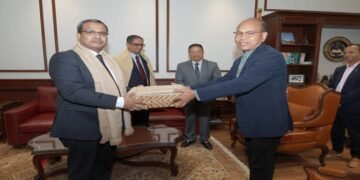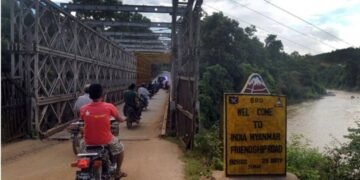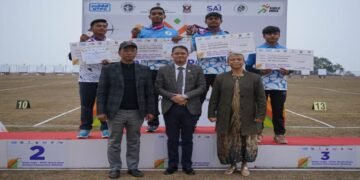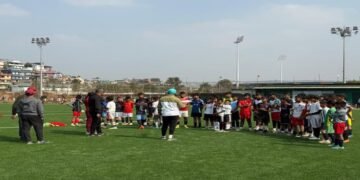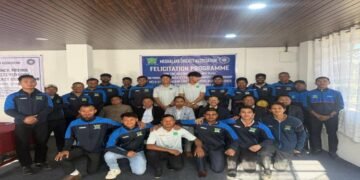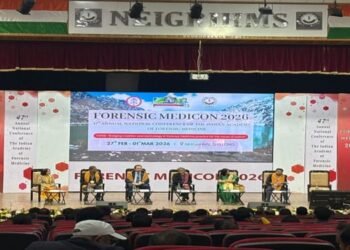By Imna Longchar
Dimapur (Nagaland), Nov 25: Nagaland DGP, T. John Longkumer, on Thursday has reminded and reassured to the women in Nagaland that there are constitutional and legal provisions available to combat gender- based violence and ensured justice to all who have done wrong.
He was speaking after flagging off a car campaign in commemoration of International Day for the elimination of violence against women and launching of the 16-days of “Activism against gender-based violence” at Old MLA Hostel Junction, Kohima.
According to an official bulletin, Longkumer said that the Indian Constitution through the Fundamental Rights and the directive policies of State policies laid the foundation for a just and egalitarian society where the dignity and respect of women are ensured.
The legal provisions in the Indian Penal Code (IPC) and CrPc (Amendment Act 2013), he said enshrine preventive and punitive actions to safeguard the rights of women and girls and these laws are further bolstered by other laws including Protection of Women from Domestic Violence Act 2005, Prevention of Immoral Traffic in Women’s and Girl Act, Sexual Harassment of Women at Work Place 2013, POCSO Act 2012,
The Prohibition of Child Marriage Act 2006, Indecent Representation of Women (Prohibition) Act 1986 and the IT Act 2000.
Longkumer mentioned that it has been the concerted effort of Nagaland police to address the issue of violence against women and to this effect, women police stations and anti-human trafficking units have been established in all the districts of Nagaland.
Stating additional women help desks have been established in every police station to increase the outreach, the DGP disclosed that Nagaland police since 2018 to 2020 has registered 249 cases of violence (crime) against women leading to arrest of 19 persons, rescued 26 women and girls from human trafficking, and also rescuing 18 sex workers.
He later shared that the campaign was aimed to prevent and eliminate violence against women and girls by increasing awareness, promoting advocacy and creating opportunities for discussions on the challenges and solutions and assured that all grievances would be taken up expeditiously for redressal as per the law of the land.


